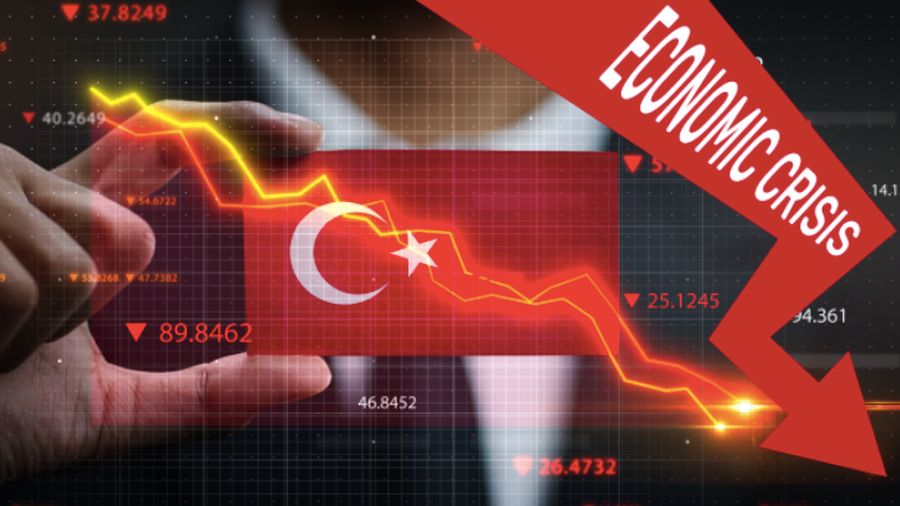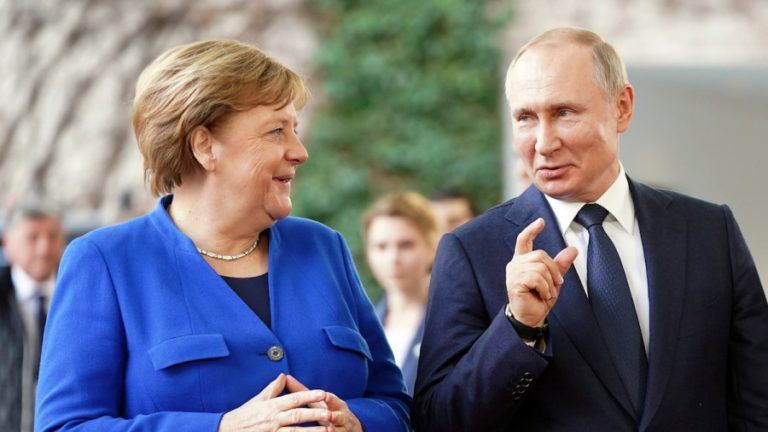Turkey’s Energy Shortage Poses Threat to Post-COVID Economic Recovery
As Turkey attempts to economically recover from the COVID-19 pandemic, it is facing uncertainties due to formidable challenges, including high inflation rates, depleting central bank reserves and continued depreciation of the local currency, the lira. The uncertainties have further intensified due to a sudden energy crisis following shortages of natural gas. Facing the brunt of power shortage are the Turkish people and industries. But this does not auger well for a nascent economic recovery, especially as Ankara refuses to deescalate its military adventures and provocations.
Turkey recently experienced electricity shortages due to Iran’s unexpected cut in gas supply for ten days under the pretext of a “technical malfunction.” Although Tehran announced restarting the supply after payment of the outstanding dues, the possibility of shortages in the future is haunting Turkey and its industrial sector.
While people bore immitigable pain during the cold winter, the electricity outage (January 24-28) caused an estimated cost of $5 billion to industry. The industrialists, who cannot fulfill their export commitments due to the energy outage, are afraid of orders from foreign clients being cancelled.
Power shortage and price hike is also fuelling inflation in the country. From the beginning of 2021, the price of natural gas used by Turkish industry increased 5.5 times and the price of natural gas used in electricity production increased four times.
Recovery of the Turkish economy depends on some of the crucial sectors, especially automobiles and tourism. However, during the power shortage, car maker Renault SA stopped production for 15 days at its Bursa plant. Automakers such as Tofas halted production altogether. It is reminded that the automotive sector contributed to 11% of Turkish exports in 2021.
Power shortage in the country is partly caused by non-payment of dues to traditional suppliers. Ankara also erred in planning and making early decision about gas supply contracts. Although Iran’s share in Turkey’s total gas supply is 16% and plays a crucial role in the country’s energy matrix, Turkey also imports gas from Russia and Azerbaijan. Despite varying energy sources, Turkey was not able to get the required gas due to the great global energy demand this winter.
Analysts say that Ankara failed to take adequate measures despite expected harsh winters and high oil prices. Turkish leaders expected a fall in energy prices, which might have saved deterioration in the economic crisis amidst the COVID-19 impact, but it did not happen. The error in judgment by Ankara led to the non-renewal of medium and long-term natural gas contracts.
A sudden surge in international energy prices is now forcing Ankara to buy Liquefied Natural Gas (LNG) at the spot market. Fearing for the worst, Ankara secured a deal with Azerbaijan to import an additional four million cubic meters of natural gas per day in February.
Spokesperson for the opposition Republican People’s Party (CHP), Faik Öztrak, stated that “the [Erdoğan] government gambled thinking that natural gas prices would decrease, but they lost.”
This gamble has caused further pressure on its foreign exchange reserves, which is already under pressure for debt servicing requirements in immediate terms.
Ankara is facing multiple problems since the COVID-19 pandemic exposed Turkey’s volatile and high-risk economic policies. Its annual inflation has already reached 49%, hitting a 20 year high, and the lira depreciated by over 40% last year. Turkey is now trying to ward off recession and pins its hope on an expected tourism revenue of $30 billion in 2022 – so long as the pandemic does not strike once again.
Meanwhile from a low base of economic growth of under 2% in the last three years since 2018, Turkey’s growth rate has been estimated to be around 9% in 2021, only to be moderated to 3.3% in 2022 and 3.9% in 2023. However, it all depends how Ankara addresses it impending economic problems, including power shortage, and perhaps most importantly, military adventurism.
With inflation out of control and the Turkish lira at its weakest point, Turkey is unrelenting in continuing its military occupations of Cyprus, Syria, Libya and Iraq, as well as sponsoring war in the South Caucasus. This too absorbs up desperately needed funding.
Turkish military expenditure has increased by 8.6% since 2010 to reach an estimated $20.4 billion in 2019, representing 2.7% of GDP. However, this does not take into account its secret operations, such as financing, training and arming terrorist forces, including ISIS and Al-Qaeda.
With military adventurism sucking up finances, compounded by energy issues, Turkey’s economy is in dire straits. This is also now being reflected in polls as Turkish President Recep Tayyip Erdoğan’s approval rating was only at 40.7% in January. His disapproval rating still remains higher though, at 54.4%.







